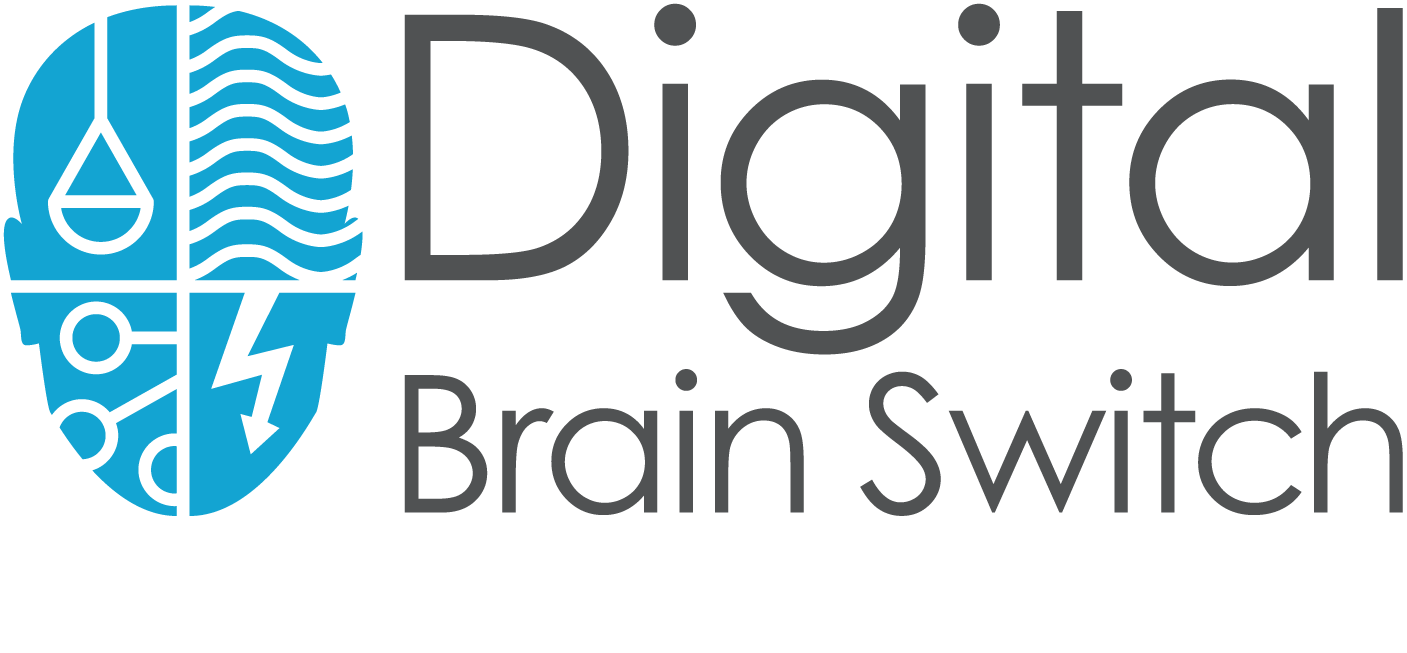Following a pilot study with members of the research teams and colleagues (n = 11), we conducted a video and interview study with 45 UK-based participants: 15 social entrepreneurs, 15 office workers, and 15 university students.
The Video Study
Participants were recruited via a range of methods, including calls on social media, personal contacts and snowballing. Each participant was given or sent a selected camcorder and attended a briefing session (usually via Skype), in which they were asked to keep a video diary for a week, focusing on instances of switching between work-life boundaries and with a particular focus on the role of their use of technology in this. Following this, and a short debrief session over the phone or Skype, the camcorder was collected and the data reviewed by a member of the research team.
The Interview Study
A few weeks after the end of the video study, each participant was invited to an individual in-depth interview with a member of the research team. Most interviews were conducted in a face-to-face environment and a few on Skype. During the interview, a small number (typically 3 to 5) of the interviewee’s video excerpts were selected for discussion and reflection. Moreover, the interview aimed to unpack issues that were both identified in the videos but also beyond that to provide a more complete understanding of each participant’s management of transitions between (and also within) work-life boundaries and use of technology.
Further to these, both video and interview data allowed us and also the participants themselves to explore and reflect on the implications of the video study itself and also on their practices around work-life balance and the other issues under investigation.
Overall, these rich data have generated some useful concepts (see under Research Findings) and are currently being analysed further by the research team. Analysis is conducted on NVivo — a software program commonly used for qualitative data management and analysis.
Example Videos from Our Pilot Study:
- Switching roles – resuming work after dinner at home
- Transition in the physical world – the walk to work
- ‘Work’ v ‘life’ – blurring the boundaries

